Wikipedia: The World’s Knowledge Hub
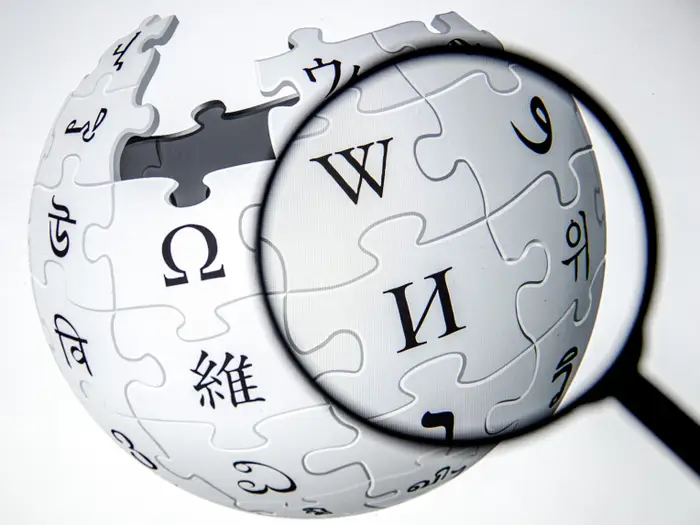
Wikipedia is an online, free, user-generated encyclopedia that has transformed how people access information. Launched in 2001, it has grown into one of the largest reference websites, providing articles in numerous languages. While it is often hailed for its vastness, the platform has faced criticism due to concerns over accuracy, neutrality, and the open-editing model.
In this article, we’ll look at the origins of Wikipedia, how it operates, the pros and cons of its user-driven content, and its influence on education and society.
The Origins of Wikipedia
Wikipedia was co-founded by Jimmy Wales and Larry Sanger, with the initial vision of creating a free, online encyclopedia where users could contribute and edit articles. The name “Wikipedia” itself is a combination of the words “wiki” and “encyclopedia.”
Before Wikipedia, Wales, and Sanger had launched Nupedia, a more traditional online encyclopedia with expert-reviewed content. To speed things up, Wales and Sanger created Wikipedia in January 2001 as a complementary project that would allow non-experts to contribute.
Since its inception, Wikipedia has expanded exponentially, hosting over 6 million articles in English and millions more in other languages. It remains one of the most visited websites globally, driven by its free access and volunteer-driven content model.
How Wikipedia Operates
The key feature of Wikipedia is that anyone with internet access can create and edit its articles. The platform runs on an open-source software called MediaWiki, which supports multiple languages, links, references, and the ability to track edits.
Editing Policies
Wikipedia has a few core principles that guide its operation:
Neutral Point of View (NPOV): Articles must be written impartially, without promoting one view over others.
Verifiability: Information must come from reliable sources, meaning contributors must cite their work with reputable references.
No Original Research: Wikipedia is not a platform for publishing new research. All information must already exist in published works.
These policies ensure that Wikipedia’s content remains reliable and balanced, although the open-editing model often raises questions about how well these principles are enforced.
Strengths of Wikipedia
Accessibility: Wikipedia is free to anyone with internet access, making it a valuable educational tool worldwide
Real-Time Updates: Wikipedia is often updated within minutes of major events occurring. For example, when a notable figure or a significant event happens, Wikipedia reflects these updates rapidly, providing almost immediate information to the world.
Collaborative Nature: The platform’s open model allows for collective knowledge to be shared. Experts, hobbyists, and enthusiasts alike can contribute to building and maintaining articles, making Wikipedia a living, breathing document.
Multilingual Capabilities: Wikipedia offers articles in over 300 languages, making knowledge accessible to audiences.
Criticisms and Controversies
Despite its many strengths, Wikipedia has faced significant criticism over the years, primarily centered around its editorial process and accuracy.
Accuracy Issues
One of the most common critiques of Wikipedia is its open-editing model. Since anyone can edit, there is always the possibility of incorrect or biased information being added. Even though Wikipedia has a system of monitoring edits and reverting vandalism, errors can sometimes slip through the cracks. For example, hoaxes and false information can remain on Wikipedia pages for extended periods before they are caught and corrected.
Bias and Editing Wars
While Wikipedia strives for a neutral point of view, its open-editing model can sometimes lead to biased articles. Editing wars, where contributors repeatedly alter or revert changes to reflect their perspectives, can distort content. Controversial topics, such as political figures or polarizing historical events, are particularly prone to such issues.
Notability and Inclusion
Wikipedia’s notability guideline states that topics must be “notable” or have received significant coverage from reliable sources to warrant an article. This has led to debates about systemic bias on the platform, where topics related to marginalized communities, lesser-known artists, or non-Western subjects are often underrepresented.
Gender Gap
Studies have shown that Wikipedia contributors are overwhelmingly male, which some argue leads to an imbalance in the topics covered and how they are presented. The “gender gap” has been a point of contention, with various initiatives attempting to encourage more women to participate in editing and contributing to the platform.
Wikipedia’s Impact on Education
Wikipedia has become a primary source of information for students and educators alike. While some institutions advise against citing Wikipedia directly in academic work due to concerns about reliability, many students use it as a starting point for research. Its references and external links often lead to more authoritative sources.
This exercise helps students learn how to evaluate sources critically, improve their writing skills, and contribute to public knowledge.
The Future of Wikipedia
As Wikipedia continues to evolve, it faces challenges in maintaining its accuracy, neutrality, and inclusivity. The Wikimedia Foundation, the non-profit organization that operates Wikipedia, is constantly working to improve the platform by updating its software, combating misinformation, and diversifying its pool of contributors.
Efforts to make Wikipedia more inclusive, such as addressing the gender gap and increasing contributions from underrepresented regions, are ongoing. The platform’s commitment to remaining free and accessible ensures that it will continue to be a key resource for information for years to come.
Conclusion
Wikipedia has fundamentally changed the way we access and share knowledge. Its open-editing model, while not without flaws, has created a vast, constantly updated database that serves millions of users worldwide. As it navigates accuracy, bias, and inclusivity challenges, Wikipedia’s role as an essential educational tool and knowledge repository remains secure. Whether you’re a casual reader or a dedicated editor, Wikipedia represents the collective effort of people striving to make information accessible.
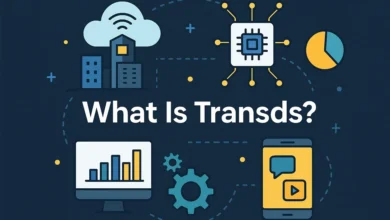
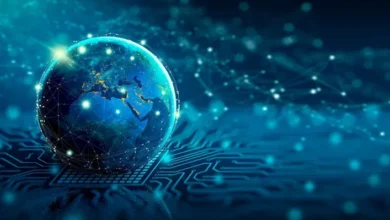
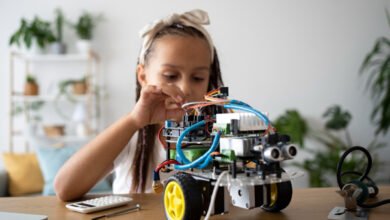
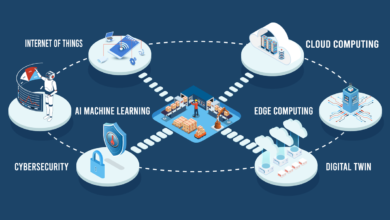
One Comment